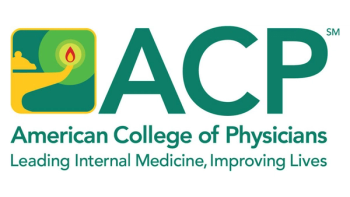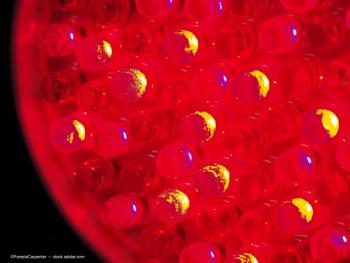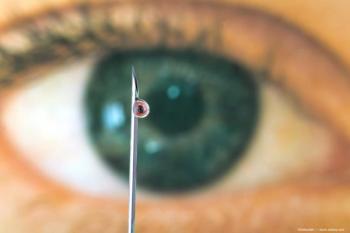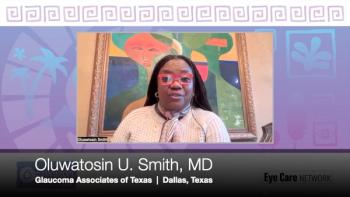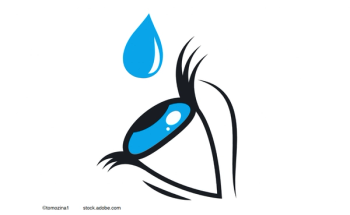
AAO 2023: Phase III CHAMP and more trials pioneering myopia management in children
Analysis showed low-dose, preservative-free formulation of atropine is effective in slowing progression in children aged 3 to 17, living in the US and European Union.
Three new studies, including a new global study showing that low-dose atropine can help slow myopia in children will be presented at this year’s annual AAO meeting.
Darren J Bell, MD, of Medical Center Ophthalmology Associates in Texas, is one of the investigators of the new study. The Phase III CHAMP (Childhood Atropine for Myopia Progression) clinical study was a 3 year, placebo-controlled international trial, and analysis from Bell showed low-dose, preservative-free formulation of atropine is effective in slowing progression in children aged 3 to 17, living in the US and European Union.
The children had between −0.50 D to −6.00 D spherical equivalent refraction and received daily placebo or a proprietary formulation of low-dose atropine. The proportion of responders compared with placebo was: 31.6%/21.3% (<0.50 D, P = .007), 42.8%/29.4% (<0.75 D, P = .001) and 54.8%/43% (<1.00 D, P = .006) at 3 years.
The US FDA accepted a NDA for the investigational drug used in this study, with a decision on its approval expected in January 2024.
“We found that low-dose atropine is suitable for all children with myopia, regardless of age, sex, race, iris color, or baseline spherical equivalent refraction,” said Bell. “These results are a major advance for myopia management and for the kids and parents who myopia impacts.”
Other notable studies on slowing myopia in children being presented at AAO include:
- Factors Associated With Myopia Progression in Children 5 to 12 Years of Age (PO409)
The authors conclude that younger children with greater baseline myopia should be the focus of myopia control strategies. Researchers conducted a pooled analysis of 187 children with myopia who were randomized to nightly 0.01% atropine or placebo for 2 years, followed by 6 months of no treatment. The analysis also showed that race, sex, and iris color were not associated with atropine’s success rate.
- Five-Year Clinical Trial of Low-Concentration Atropine for Myopia Progression (LAMP) Study: Phase 4 Report (PO411).
An extension of the original LAMP trial, it followed 257 children in China for 5 years, aged 4 to 12, who were treated with higher-dose atropine, 0.05%. Researchers found that the higher dose was effective and that by year 4 and 5 follow-up, as-needed treatment could be considered for older children when their progression was stable.
Newsletter
Don’t miss out—get Ophthalmology Times updates on the latest clinical advancements and expert interviews, straight to your inbox.


